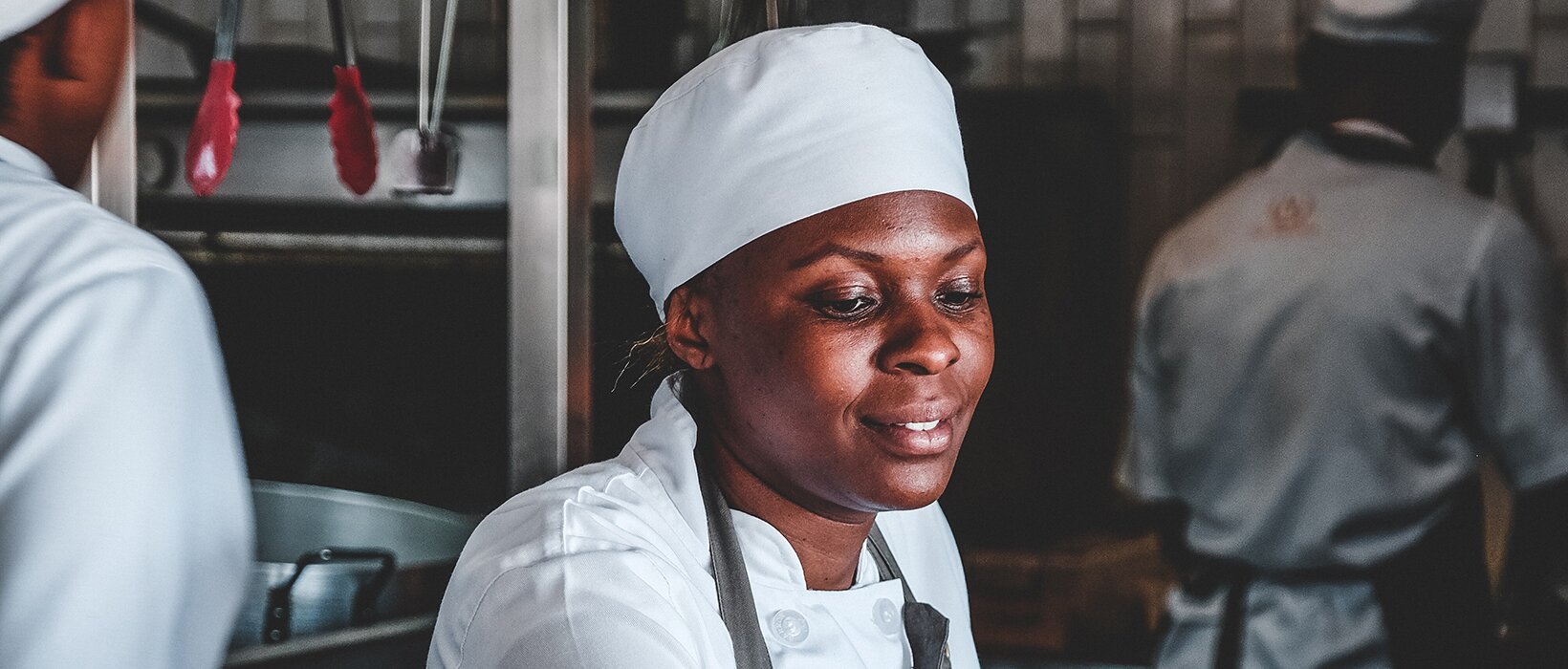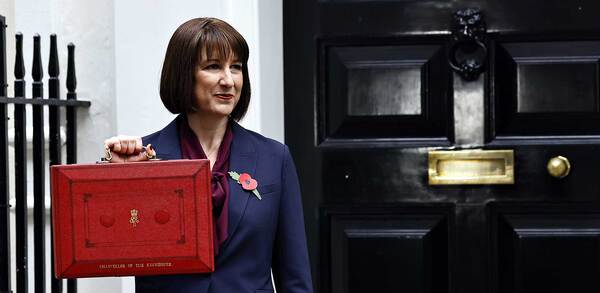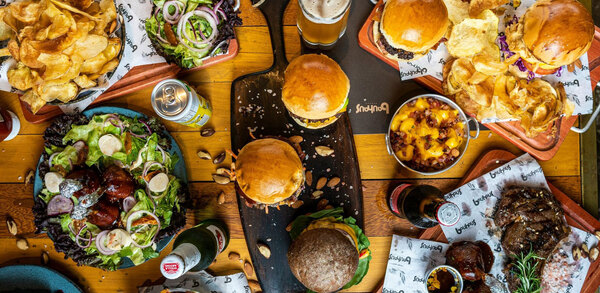Can I employ under-18s to make up staff levels?
It may be tempting to get in young staff in busy periods, but be careful to follow very strict rules, says solicitors Poppleston Allen
With hospitality vacancies still at extremely high levels, many businesses are likely to want to tap into the temporary talent pool of students. However, licensed venues must make sure they follow all the rules in terms of what those under-18 are and aren’t allowed to do in terms of serving alcohol.
They also need to make sure they comply with all the regulations regarding how many hours children can work in school holidays and in term time. With the cost of living crisis affecting many families, it’s possible some under-18s will ask for more work than they are allowed to do, so it’s important businesses are completely up to date on what is allowed, bearing in mind this varies depending on age and educational status.
What kind of work can under-18s do?
Subject to local bylaws, children aged 14 and above can be employed to do ‘light work’ that is not harmful to their safety, health and development, nor to attendance at school or participation in work experience. Generally, due to licensing restrictions, children under 16 tend to work in kitchens and back of house areas, not front of house.
Can under 18s sell alcohol to customers?
The Licensing Act 2003 does not allow a person under 18 to sell alcohol unless the sale is specifically approved by an adult. That might be easy in a supermarket where not every transaction involves the sale of alcohol, but in a bar that is going to prove more challenging.
What about if the alcohol is being consumed alongside a meal?
The 2003 Act does allow under-18s to work in premises (or a part of the premises) set aside and reserved for diners and to take orders and deliver alcoholic drinks for consumption with a meal. It would be sensible to check with the local authority for any local bylaws relating to age restrictions on this. The child would need to carry out age verification checks as appropriate, and you need to ensure they have the maturity and training to undertake these.
They would not be allowed to physically dispense the alcohol nor put the drinks order together behind the main bar unless supervised by an adult. Technically, the law does not prohibit them from dispensing drinks or putting drinks together at a separate dispense bar in the restaurant or dining area. However, again, from a risk management point of view you will want to ensure sufficient training and supervision.
How many hours can under-18s work?
13- to 16-year-olds (child)
There are restrictions on the number of hours and days that can be worked depending upon whether it’s term time or holidays.
If a person is 15 years old but has just finished school and has a birthday by 31 August, you have to treat them as a child ‘still at school’ until their birthday.
During term time 13- to 16-year-olds can work a maximum of 12 hours a week. They cannot work more than two hours on a school day or Sunday. On Saturdays 13- to 14-year-olds can do a maximum of five hours of work, increasing to eight hours for 15- to 16-year-olds. In school holidays 13- to 14-year-olds can undertake a maximum of 25 hours of work a week, increasing to 35 hours for 15- to 16-year-olds. And 13- to 14-year-olds can complete a maximum of five hours of work on weekdays and Saturdays, increasing to eight hours for 15- to 16-year-olds; 13- to 16-year-olds can work for a maximum of two hours on a Sunday.
All children must have a two-week break from any work during the school holidays each year, cannot work for more than four hours without taking a one-hour break and cannot work before 7am or after 7pm.
16- to 17-year-old (young worker)
A person who has left school and is under 18 must now either stay in full-time education or start an apprenticeship or do part-time education or an apprenticeship and work at the same time. A young worker can complete up to eight hours of work a day and up to 40 hours of work a week.
What should I consider when employing under-18s?
You are legally responsible for ensuring that the child is not exposed to a risk due to their lack of experience, maturity or absence of awareness of the risk. You must check with the local authority for bylaws, including whether the child needs a work permit. A young worker is eligible for the national living wage (or the apprenticeship rate) and must receive a payslip and be on the payroll, whereas a child under 16 is not (subject to local bylaws).
Poppleston Allen www.popall.co.uk


















